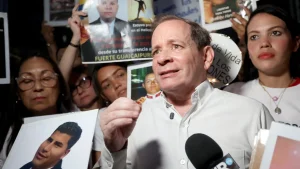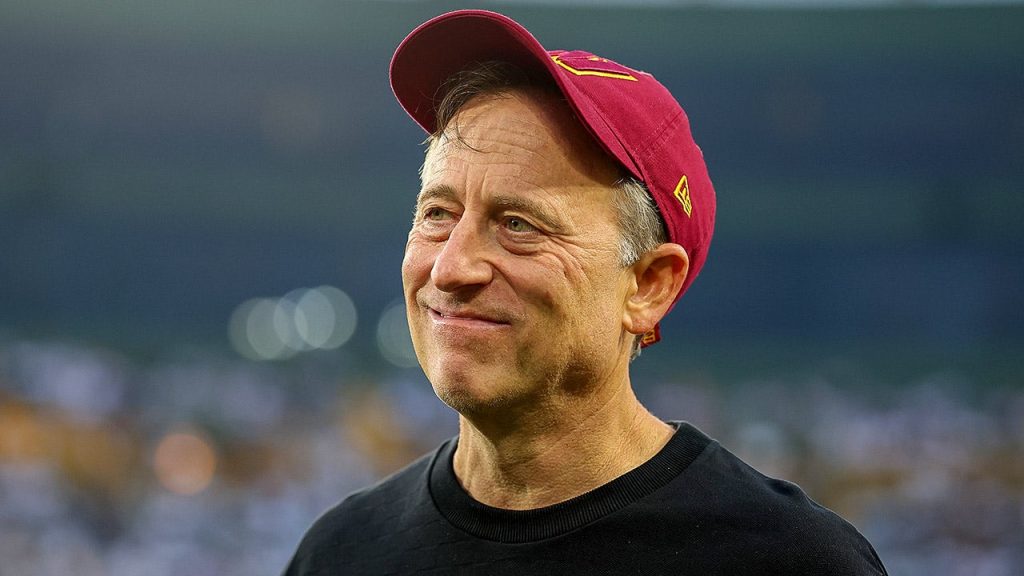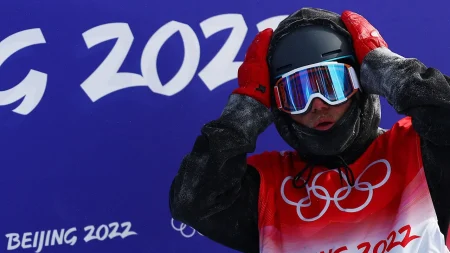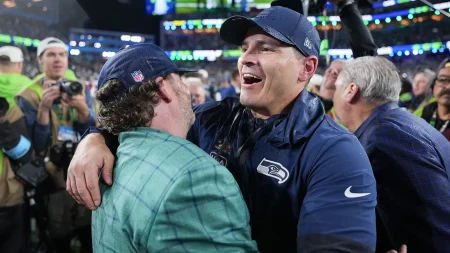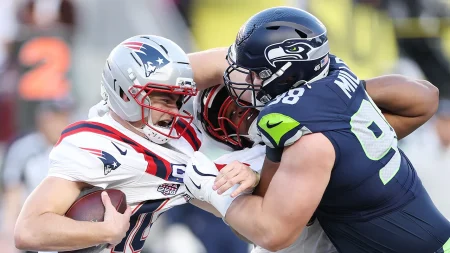Commanders Stadium Deal Approved: A New Chapter for DC Football
After a lengthy and complex approval process, the Washington Commanders have received the final green light from the DC Council to build their new stadium at the historic RFK Stadium site. In a decisive 11-2 vote on Wednesday, council members approved the ambitious $3.8 billion stadium project, marking the team’s return to the District after nearly three decades in Landover, Maryland. This milestone decision represents not just a new home for the football team, but a significant urban development project that promises to reshape a key area of the nation’s capital.
“Today is a historic day for DC, the Commanders organization and our fans,” declared team owner Josh Harris in a statement following the vote. The approval allows the team to proceed with what Harris described as a “transformative RFK project that will bring lasting economic growth for our city.” Harris expressed deep gratitude to Mayor Muriel Bowser, Council Chairman Mendelson, and numerous community, business, and labor leaders who contributed to the process. With construction set to begin soon, the Commanders are looking forward to “officially bringing the team back to its spiritual home in 2030,” returning to where the franchise enjoyed some of its most successful seasons.
The path to approval wasn’t without complications. Just before the final vote, team president Mark Clouse expressed concerns about “last-minute new demands” from the DC Council that could potentially derail the agreement. However, during Wednesday’s session, most of the proposed amendments were rejected, allowing the stadium plan to advance largely as initially conceived. The legislation now moves to Mayor Bowser, who has been a consistent supporter of the Commanders’ vision for the RFK site. The mayor’s backing, along with bipartisan support that included meetings with both President Biden and former President Trump, helped secure the land for development after Congress passed the necessary legislation in January of this year.
The stadium project extends far beyond just a football venue. The comprehensive $3.8 billion redevelopment plan includes 6,000 housing units, retail space, and substantial parkland, creating a mixed-use district that aims to revitalize the surrounding area. This approach addresses multiple urban needs while providing the Commanders with a state-of-the-art facility. The team had explored multiple potential locations throughout the DMV region (DC, Maryland, and Virginia) before settling on the RFK site, which carries deep historical significance for the franchise. RFK Stadium, named after Robert F. Kennedy, served as the team’s home from 1961 to 1996, hosting many memorable moments in Washington football history before its closure in September 2019.
The approval process did face an unexpected challenge this summer when former President Trump publicly objected to the team’s current name. Trump suggested he might withhold support for the stadium deal unless the team reverted to its former “Redskins” name, abandoning the “Commanders” moniker adopted in 2022. “I may put a restriction on them that if they don’t change the name back to the original ‘Washington Redskins,’ and get rid of the ridiculous moniker, ‘Washington Commanders,’ I won’t make a deal for them to build a stadium in Washington,” Trump wrote on his Truth Social platform. Despite this pressure, Harris has remained firm that the team will continue as the Commanders, prioritizing the stadium development over any name reconsideration.
This stadium approval represents a pivotal moment in DC sports history, promising to bring professional football back to its traditional home in the District. The original RFK Stadium hosted not only the football team but also MLB’s Washington Senators (1962-71) and MLS’s DC United (1996-2017) among other teams, serving as a central venue in the capital’s sporting landscape for nearly six decades. With construction set to begin and a target opening date of 2030, the new stadium project aims to honor that legacy while creating a modern facility designed for the future. For Commanders fans, city officials, and community stakeholders, Wednesday’s vote marks the beginning of a new era that will see Washington football return to its roots while contributing to the economic and social development of the District of Columbia.
